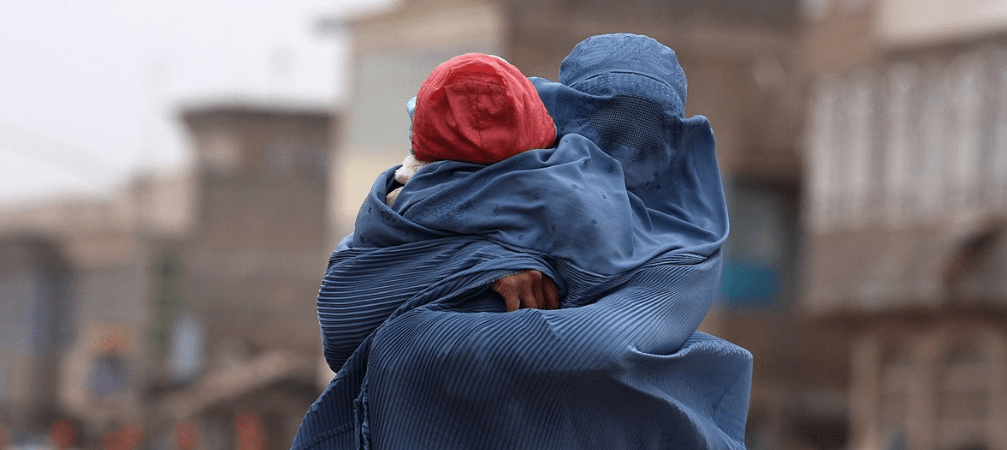
The “Law on the Promotion of Virtue and the Prevention of Vice” silences women’s voices and deprives them of their autonomy, “effectively attempting to render them into faceless, voiceless shadows”, said Ravina Shamdasani, OHCHR’s Chief Spokesperson.
“This is utterly intolerable,” she stressed.
“We call on the de facto authorities to immediately repeal this legislation, which is in clear violation of Afghanistan’s obligations under international human rights law.”
Repressive, vague provisions
The law adopted last week imposes a lengthy list of repressive provisions on women, including mandates that they wear clothing covering their entire bodies, bans on their voices being heard in public, and further restrictions on their movement without a male relative.
Even the sound of a female voice outside the home is apparently deemed a moral violation.
It also requires men to grow beards, bans drivers from playing music, and restricts the media from publishing images of people. State agents are granted broad powers to detain individuals and impose punishments.
Ms. Shamdasani emphasized that disempowering and rendering Afghan women and girls invisible will only worsen the human rights and humanitarian crisis in the country.
“Rather, this is a time to bring together all the people of Afghanistan, irrespective of their gender, religion or ethnicity, to help resolve the many challenges the country faces,” she urged.
‘Distressing vision’ for the future
The UN’s top envoy to Afghanistan, Roza Otunbayeva, also denounced the new law, describing it a “distressing vision” for the country’s future.
“After decades of war and in the midst of a terrible humanitarian crisis, the Afghan people deserve much better than being threatened or jailed if they happen to be late for prayers, glance at a member of the opposite sex who is not a family member, or possess a photo of a loved one,” she said in a statement.
Citizens, not subjects to be disciplined
Ms. Otunbayeva added that the international community “had been seeking, in good faith” to constructively engage with the Taliban.
“The world wants to see Afghanistan on the path of peace and prosperity, where all Afghans have a stake in their future, are citizens with rights and not just subjects to be disciplined.”
She emphasized that further restricting the rights of the Afghans and holding them in constant fear will make achieving that goal “even harder”.






